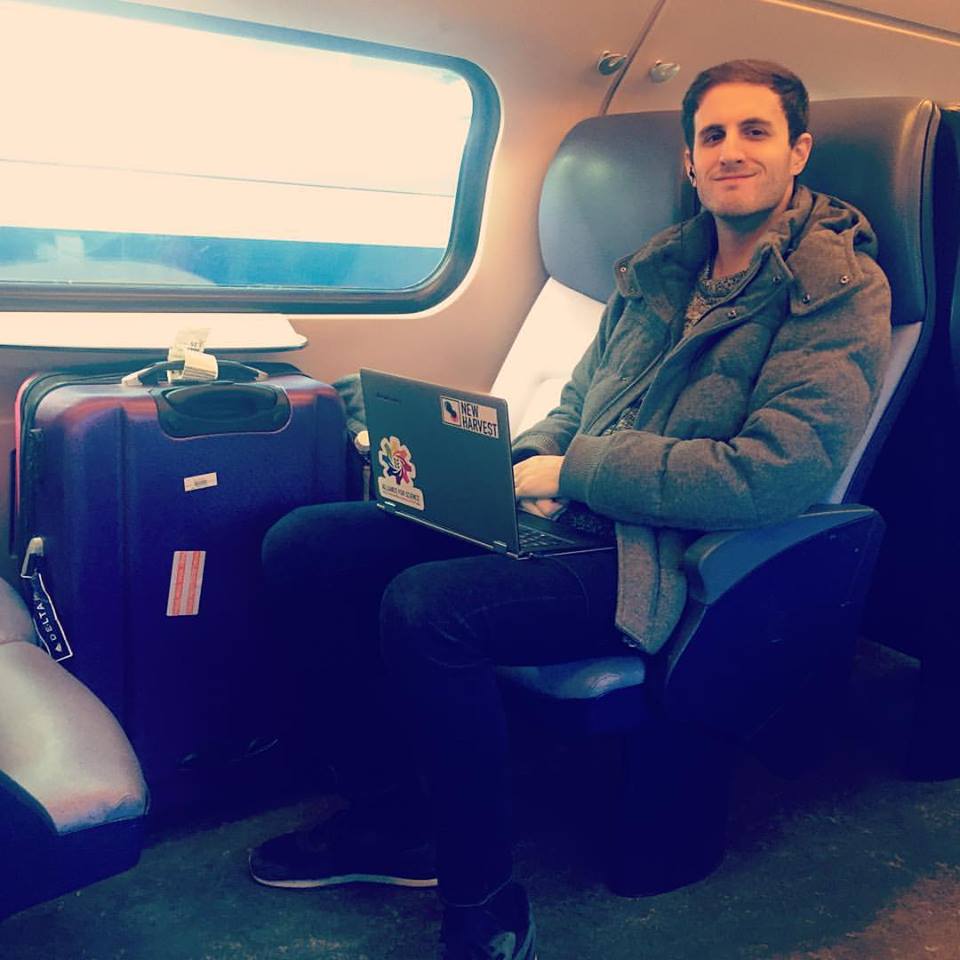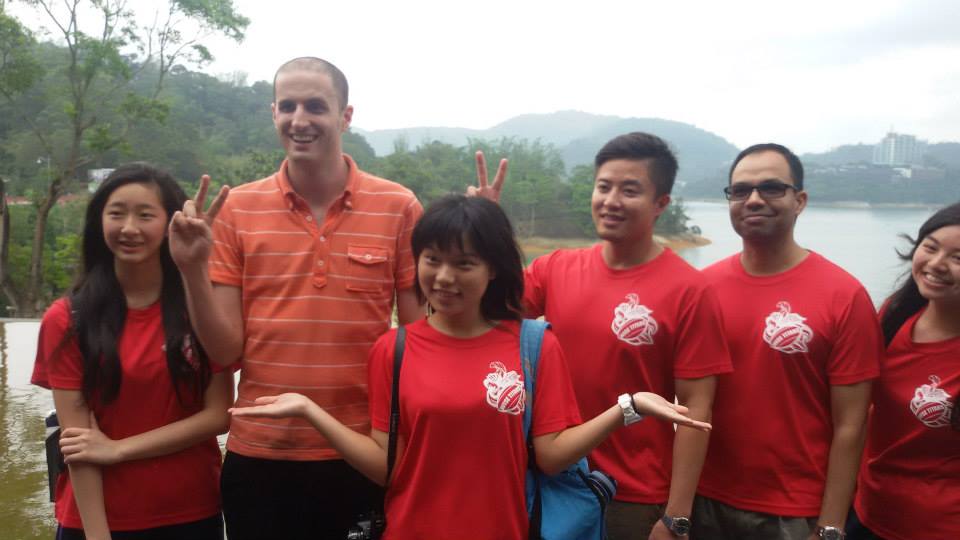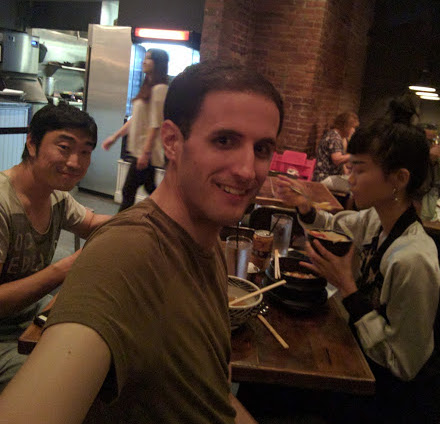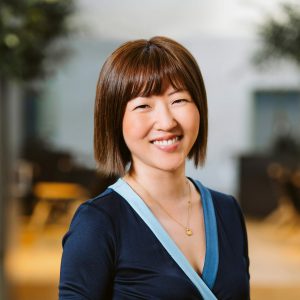“I think there’s this big misconception in America that private industry is what creates new technology, but in reality every major technological breakthrough has been predicated on research done in the public sphere.”

Hey Mike! How did you find out about New Harvest?
I live on the internet, and New Harvest has a big presence in the internet community that for me, rests at the intersection of animal rights and biotechnology. A lot of animal rights groups tend to be anti-science, which is frustrating to me since animal rights and science are both such logical things to me, but the groups that aren’t anti-science are breeding grounds for discussion of cellular agriculture and so of course New Harvest comes up a lot. Every company or person who even sort of inhabits the cellular agriculture space has a connection one way or another to New Harvest, so I kind of naturally fell into the global web New Harvest has spun.

And we’re so glad you did! Can you tell us about your prior experience working as a chemistry teacher?
I taught Chemistry at the Wagor International School in Taichung Taiwan. I taught my classes in English, but I ended up studying a lot of Chinese and then briefly become a translator and editor for a Chinese news website called ChinaSMACK. I loved Taichung and Taiwan in general, as well as my students at Wagor. I miss riding my scooter through the crowded city streets to grab mushroom buns for 30 cents from a street vendor on my way to work. Being a Chemistry teacher was a lot of fun, especially because my students were very high level and very eager to learn. They’re hilarious and bright and are actually entering college now, we keep in touch via Facebook and it’s really exciting to watch.
As a scientist, what are your research interests?
I’m extremely interested in creating fish meat without whole fish. I’ve set up a company called Pelagic with two other scientists and we’re currently working on the creation of tuna meat for human consumption. It’s been really really fun, we’ve really loved going through the scientific literature together to find solutions to problems nobody has ever come up against before. My research interests have generally focused around environmental issues, with food supply issues at the very center of what I think of as important. 53% of the world’s fisheries are fully exploited, and 32% are overexploited, depleted, or recovering from depletion, this has got to stop if we want our planet-wide ecosystem to continue functioning.
I’m from Boston and have a Jewish family so seafood was a pretty big part of my diet growing up (lobster, gefilte fish, lox, etc) and I have a real desire to make it sustainable and ethical so we can still eat it without worrying about what we’re doing to the planet we’ll be leaving to the next generation.
That’s so exciting. How did you decide you wanted to intern with New Harvest?
New Harvest is the hub of cellular agriculture, and I needed to be near the center in order to grasp what’s happening! There’s nobody with anything even close to the open network of scientists actively working on cellular agriculture that New Harvest has. Pelagic would be near impossible without the guidance and contacts that New Harvest has provided for us. On top of that, I am firmly of the belief that the real pushing forward of this industry has to come from open research. I think there’s this big misconception in America that private industry is what creates new technology, but in reality every major technological breakthrough has been predicated on research done in the public sphere. Cellular agriculture research right now is in its infancy at best, it needs much more academic research done collaboratively and in an open environment before private industry can step in and run with it. The scientists that New Harvest is funding right now are absolutely brilliant, and the almost daily moves through breakthrough after breakthrough are genuinely incredible to watch.

What are you most excited about in your internship at NH? Are you enjoying your experience so far?
I’m most excited about the possibility of coordinating scientists worldwide through New Harvest into a network that can solve problems collaboratively. I think that if we had people all over the planet working together on building not only the science but the infrastructure to support more scientists in the field we could make cultured meat a reality not just within our lifetimes, but potentially even within the next decade or two! The network that New Harvest is building is filled with unbelievably dedicated and talented people and I couldn’t be more excited to be a part of it. Everybody here is just so nice and helpful, being here is awesomely exciting.
What’s your cellular agriculture “dream scenario”?
My dream scenario is probably about average for this industry, haha! I started in this field due to my interest in animal rights so ideally in the far future I’d want cellular agriculture to completely replace animal agriculture. I want bioreactors running off of solar energy in places where food is scarce. I want to be able to brew lobster and shrimp in my home like I brew beer now. Just me and some friends sitting around in my kitchen worrying about gear sanitation and what flavors we’re going to brew next. Is it going to be Maine lobster, or spiny?


